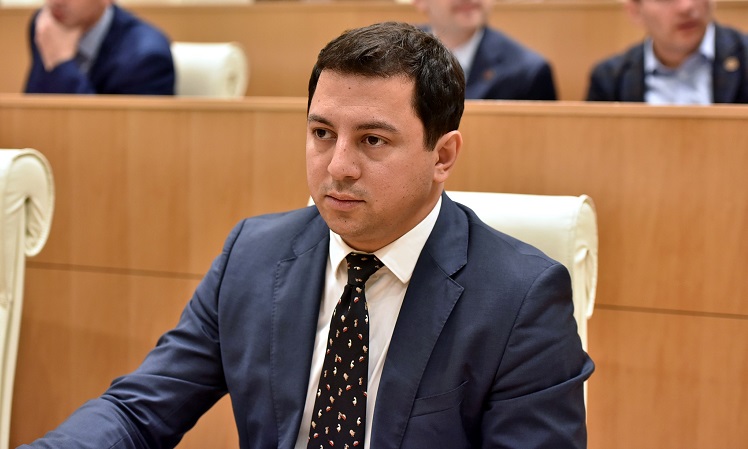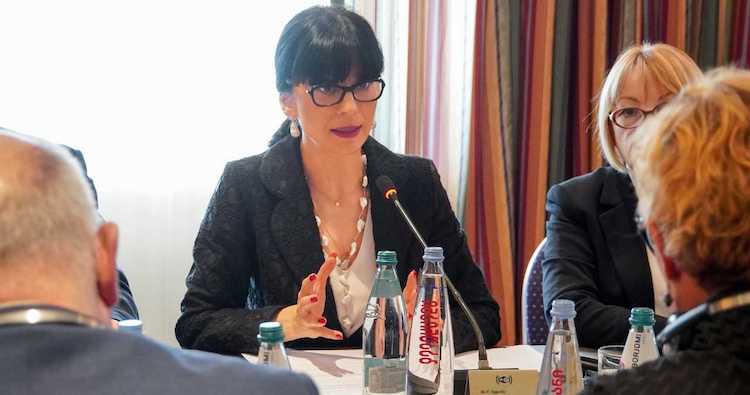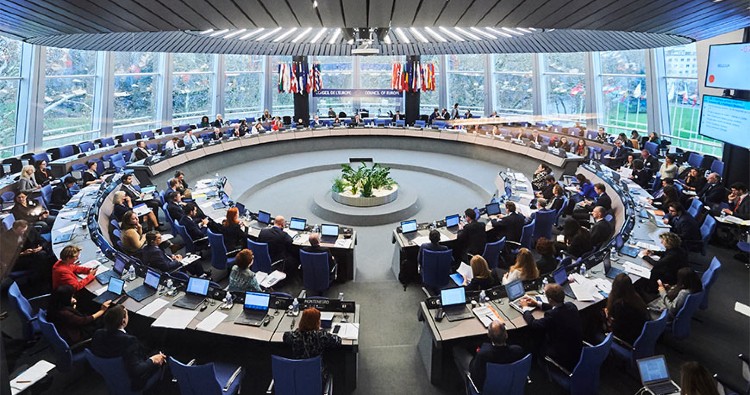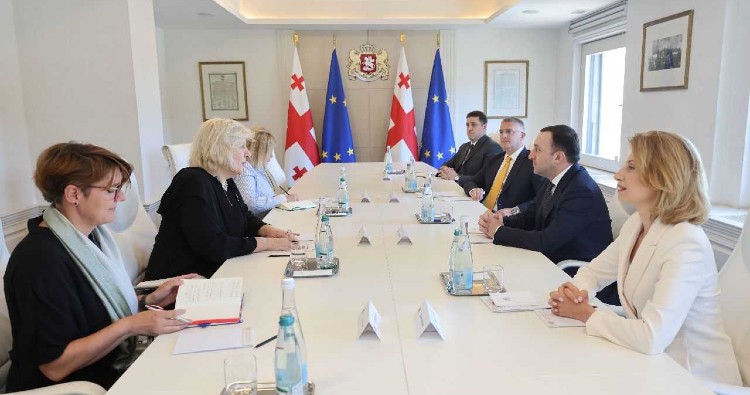CoE Sec Gen reports “little progress” in human rights, humanitarian situation in Georgia’s Russian-occupied regions
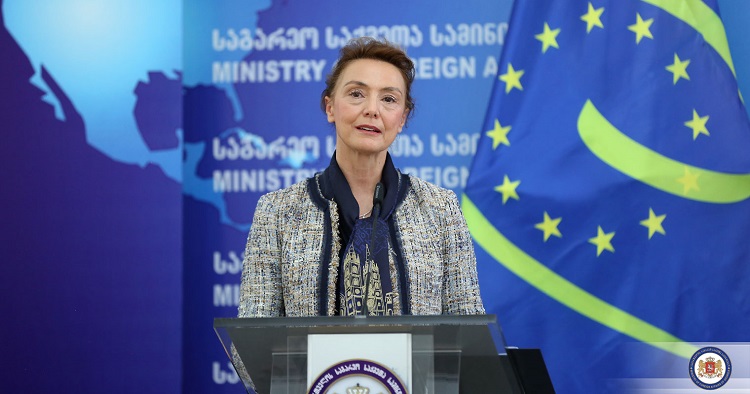
The Secretary General welcomed Georgia’s “continuous efforts and initiatives” for promoting dialogue and reconciliation, against the “continuous impediments” by Russia to peaceful conflict resolution, security, and stability in the wider region. Photo via Foreign Ministry
The “core issues” concerning the human rights and humanitarian situation in Georgia’s Russian-occupied regions “continue to see little progress”, the Secretary General of the Council of Europe Marija Pejčinović Burić said on Wednesday in her consolidated report on the conflict in Georgia.
In her report, covering the period from November 2022 to March 2023, Burić stressed “various restrictions” on freedom of movement and access to education and healthcare remained of “serious concern”.
The Secretary General welcomed Georgia’s “continuous efforts and initiatives” for promoting dialogue and reconciliation, against the “continuous impediments” by Russia to peaceful conflict resolution, security, and stability in the wider region.
Burić also highlighted the country’s provision of free access to health care, education, and other social benefits for all residents of the Georgian regions of Abkhazia and Tskhinvali (South Ossetia), as well as its efforts to address the needs of internally displaced persons.
During the period under review, operational activities on Confidence-Building Measures were continued, the Secretary General noted, adding efforts were initiated to facilitate dialogue between psychologists specialised in war traumas and on the prevention of gender-based violence on both sides of the administrative boundary line.
She emphasised the development of “further initiatives” continued in “close coordination” with the Office of the State Minister of Georgia for Reconciliation and Civic Equality, and stressed the periodic reports to the Committee of Ministers on the conflict in Georgia, having been prepared by the Secretary General since 2010, would remain a “high priority”.
The report of the Secretary General followed the visit to Georgia’s capital Tbilisi on 13-14 February 2023, during which the Council of Europe’s delegation also had the possibility to observe the situation at the administrative boundary line, marking the Russian occupation of two regions of Georgia.
The consolidated report examined the implementation of the European Court’s judgments in the two inter-state cases concerning the armed conflict between Georgia and Russia in 2008 and its consequences, as well as concerning arrests, detentions and expulsions from Russia of Georgian nationals in 2006-2007.
 Tweet
Tweet  Share
Share



